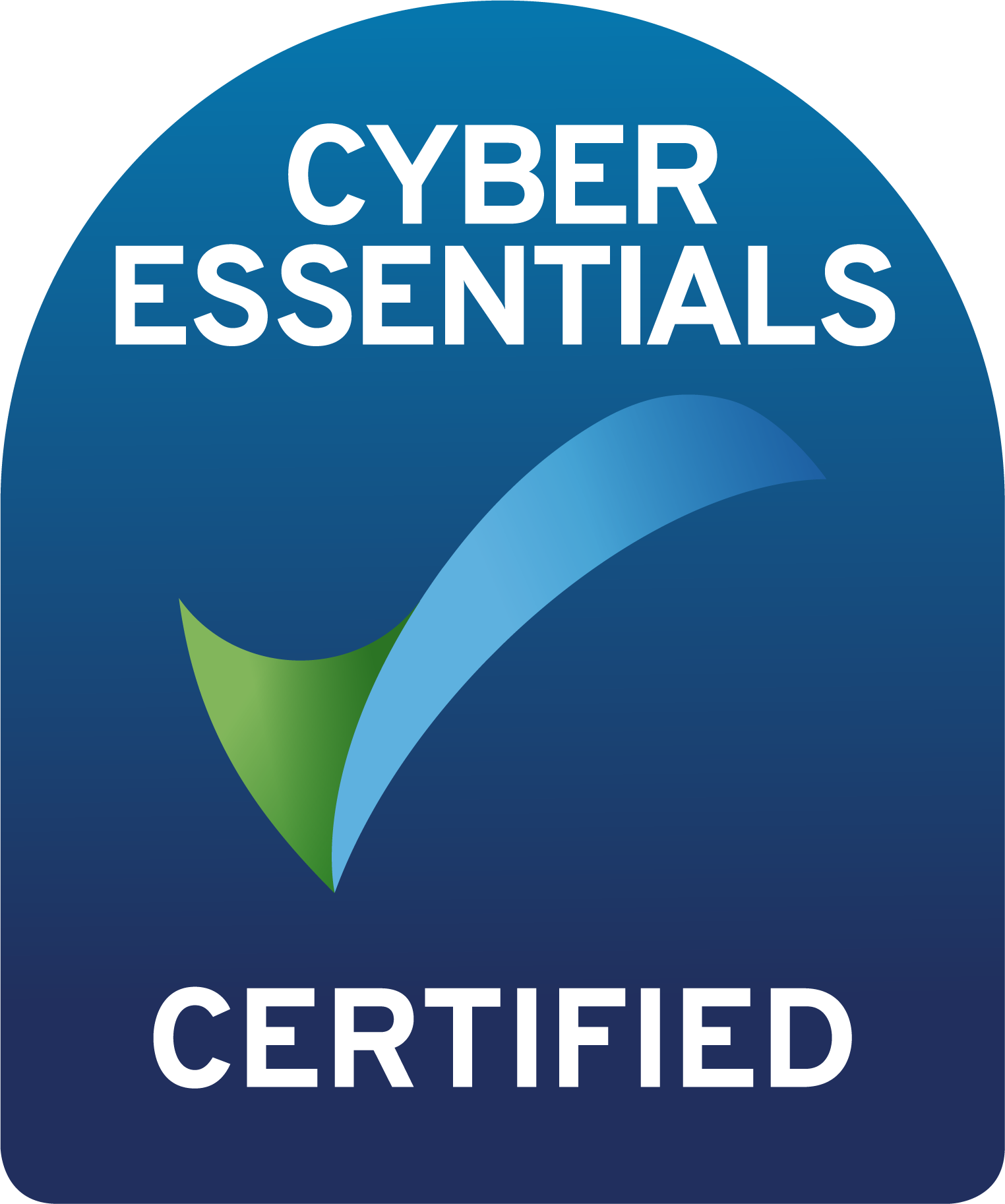We’ve all got ‘Mental Health’
In recent years we have seen a seismic shift in the way we talk about mental health. In 2017 the Thriving at Work report brought mental health to the forefront of the agenda for organisations, ultimately landing on board tables who are now being asked to take more ownership of their employees’ mental health. This has led to an increase in mental health awareness campaigns and the growth of support programmes, such as Mental Health First Aid, but has it also led to a tendency to ‘over-medicalise’ mental health and an assumption that everyone with a mental health concern needs treatment?
At healthcare rm we are refreshing the way we think about mental health. We want to normalise the way we talk about mental health and make support more accessible, less clinical, and something, well, more normal. We all know the benefits of looking after our physical health and there is a vast fitness industry that has emerged around this. What we want to create is the concept of ‘mental fitness’ so that we all put some time in our daily routine to look after our mental wellbeing, just like some people do by going to the gym for their physical health.
It is often quoted that 1 in 4 of us will experience a mental health problem of some kind each year, but we believe that 4 in 4 of us have ‘mental health’. It’s not a disease, or an affliction, but an inextricable aspect of being human and we have a responsibility to maintain our mental fitness. Our mission is that we all create our own Psychological Wellbeing Plan (PWP) to help us all thrive, not just survive in life. Conversations about mental health should be more open and positive, and about performance and growth, rather than seen solely in a negative context. The benefits of this approach will be a happier, more productive workforce and wider society.
Of course, clinical solutions such as therapy or treatment have an important role to play when clinically appropriate, but they are not always necessary, in the same way that physiotherapy is not always necessary for people with back pain induced by poor posture sitting at desks. Similarly, Employee Assistance Programmes or private healthcare plans, while important, are not enough on their own. The focus needs to shift to how we look after ourselves and each other better, encouraging compassionate, open conversations about how we manage our wellbeing.
It is important to recognise that we have a personal responsibility to look after our own emotional wellbeing through social contact, personal interests and pursuits, healthy nutrition, being physically active and getting good sleep. The impact of the global pandemic must also be considered. The ‘new world’ is likely to have agile working in the mix, with the work from home experiment of the pandemic accelerating this paradigm and cultural shift. We are yet to see how the impact of this new way of working might impact our mental wellbeing, but there are bound to be implications for the relationship between employee and employer with a potential increase in feelings of isolation and disengagement among the workforce.
There is an opportunity here to nurture our most important resource, human beings, by normalising mental health and by providing accessible health and wellbeing support services that recognise that ‘mental health’ is a human state, that is susceptible to the ebbs and flows of life but does not always need to be ‘treated’.
This positive shift in how we perceive mental health can be seen in the focus of this year’s Mental Health Awareness Week, hosted by the Mental Health Foundation, that celebrates the benefits of connecting with nature to support our mental health #ConnectWithNature. 45% of us report that being in green space has been vital for our mental health during the pandemic. Evidence shows that nature is good for our mental health and helps prevent mental health issues. Mental health is about doing the things we enjoy, so it is not surprising that nature is so central to our psychological and emotional health.
During Mental Health Awareness week, you are invited to do three things:
- Experience Nature: Make time to take note of nature by taking moments in your day to get outside.
- Share Nature: Use the hashtags #ConnectWithNature #MentalHealthAwarenessWeek to share the connections you have made. Share photos, videos or stories of how you have brought nature into your daily routine. You can do this with family, friends and colleagues at work.
- Talk about nature: The Mental Health Foundation has a whole host of tools that can help you to encourage people to find ways to connect with nature in your surroundings.
For more information about this year’s Mental Health Awareness Week visit https://www.mentalhealth.org.uk/campaigns/mental-health-awareness-week or join the conversation on social media using #ConnectWithNature and #MentalHealthAwarenessWeek

.jpg)





